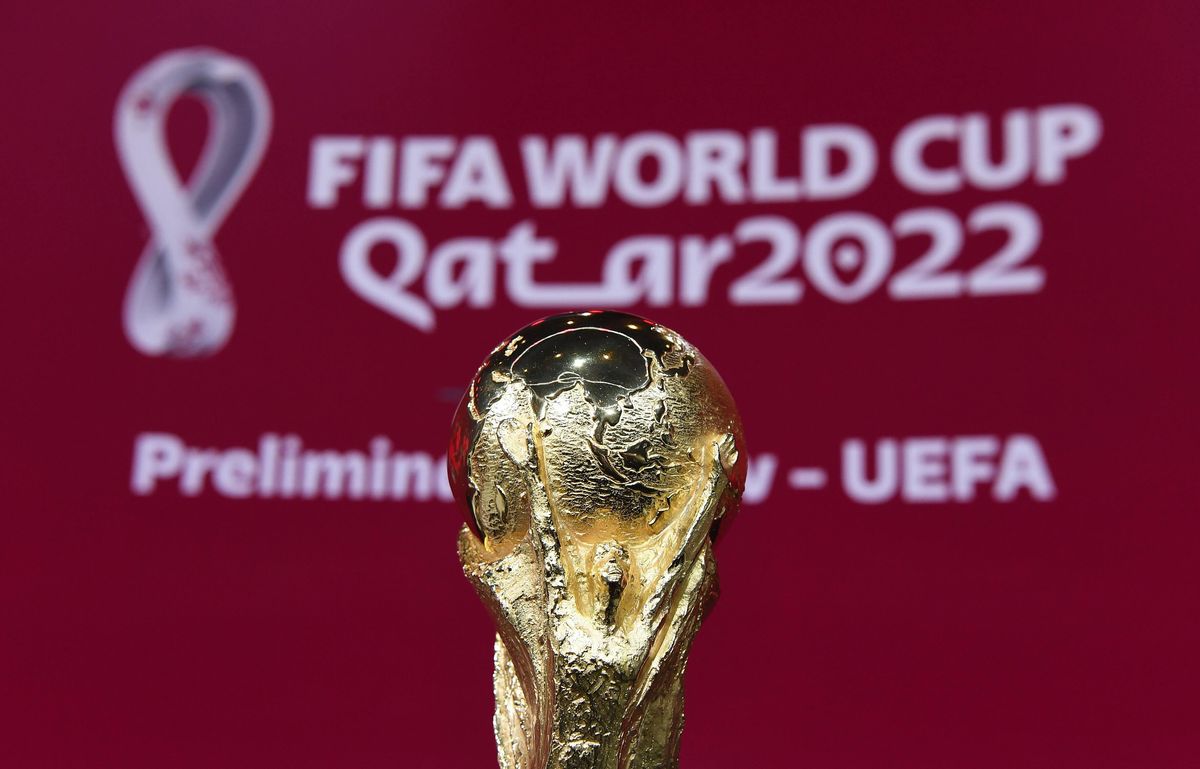These are exciting times for Qatar. The tiny but fabulously wealthy Gulf state has been providing the US and other Western powers with invaluable assistance in dealing with a newly ascendant Taliban in Afghanistan. It is preparing to hold its first elections next month, and next year it will host the FIFA World Cup, international soccer's biggest stage and the second most-watched global sporting event after the Olympics.
Qatar has been very successful in raising its international profile in recent years, but it is now finding that this success brings challenges of its own. We talked with Eurasia Group Middle East analyst Sofia Meranto to find more about what's happening in the country.
What will Qataris be voting for next month?
A constitutional monarchy like most of its neighbors on the Arabian Peninsula, Qatar on 2 October will hold elections for 30 of the 45 members of the country's legislature, the Shura Council. What's more, the council's authority will likely be expanded somewhat to include approval of the state budget and oversight of certain ministries. Yet Emir Sheikh Tamim Al Thani will retain the ability to appoint its remaining 15 council members and a veto power. He will also tightly manage the upcoming elections, raising questions about how open they will really be and who gets to participate. Still, the vote represents the country's first tentative move toward a more inclusive political process.
Will Qatar continue to act as intermediary between the West and the Taliban?
As much of the world shunned the Taliban, Qatar cultivated ties with the group in an effort to position itself as a regional power broker, especially vis-à-vis the US. It invited the militant group to open a political office in its territory in 2013. That foresight has paid big dividends this year, as the US and other Western countries suddenly found themselves having to talk with the Taliban and looking to Qatar for assistance. Qatar aims to continue to leverage its unique position. In the short term, this strategy will make Qatar a sought-after regional partner. In the longer term, it poses some risks given that the Taliban are inflexible, and human rights abuses or failures to honor agreements could come back to haunt Qatar if it is perceived to be too closely associated with the Taliban.
What is the status of country's beef with Saudi Arabia?
The tensions between Qatar and Saudi Arabia have largely subsided, as was highlighted earlier this month by a widely circulated vacation photo of Saudi Crown Prince Mohammed bin Salman and Qatari Sheikh Tamim Al Thani. The two sides reached an agreement in January to put an end to the conflict prompted by concern among Saudi Arabia and other countries of the region over Qatar's foreign policy and a series of other issues. Saudi Arabia, the UAE, Bahrain, and Egypt agreed to restore diplomatic ties with Qatar and reopen their ports and airspace to Qatari traffic. People and goods are once again flowing freely in the region, which should help ensure next year's World Cup is a well-attended event.
Why is Qatar betting so big on soccer?
Throughout the Gulf, countries are betting on sports to raise their profiles and improve their images. Qatar has money to spend — it has the world's third largest natural gas reserves — and sees the investment in soccer as a useful way to expand its global influence and attract tourists and new businesses. That prompted the bid to host next year's FIFA World Cup, as well as the 2011 purchase of the Paris Saint Germain soccer club by Qatar Sports Investments (which is part of the state-owned Qatar Investment Authority). Since its takeover of PSG, Doha has injected millions of dollars into the team, making headlines by splashing out huge sums to acquire the services of some of the sport's biggest stars including Neymar, Kylian Mbappé, and most recently Lionel Messi.
Is the bet paying off?
Certainly, Qatar is now familiar to millions of soccer fans around the world who had never heard of the country until recently. And its global profile will increase even more during next year's World Cup when the images from the world's second most-watched sporting event are beamed into billions of households. Yet the PSG investment has already sparked strong backlash from European fans about unfair competition from clubs funded by deep Gulf pockets. And the infrastructure projects commissioned for the World Cup have focused international attention on the treatment of low-wage migrant workers that power much of the Qatari economy. Reports have emerged about deaths of migrant workers — over 2 million are present in the country — in the construction sector, prompting calls for a boycott of the World Cup from some European players and federations. Qatar has responded with changes to the kafala (sponsorship) system used to bring in workers including a minimum wage ($274 per month) and a policy to reduce heat stress for workers during the hot summer season. It will likely take time to ensure consistent implementation of these changes and determine how effective they are in resolving an issue long highlighted by human rights campaigners. But Qatar can be sure the world will be watching.Sofia Meranto is a Middle East and North Africa analyst at Eurasia Group.






